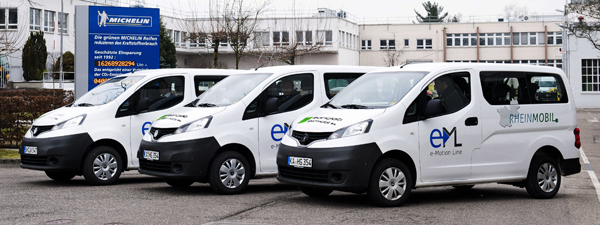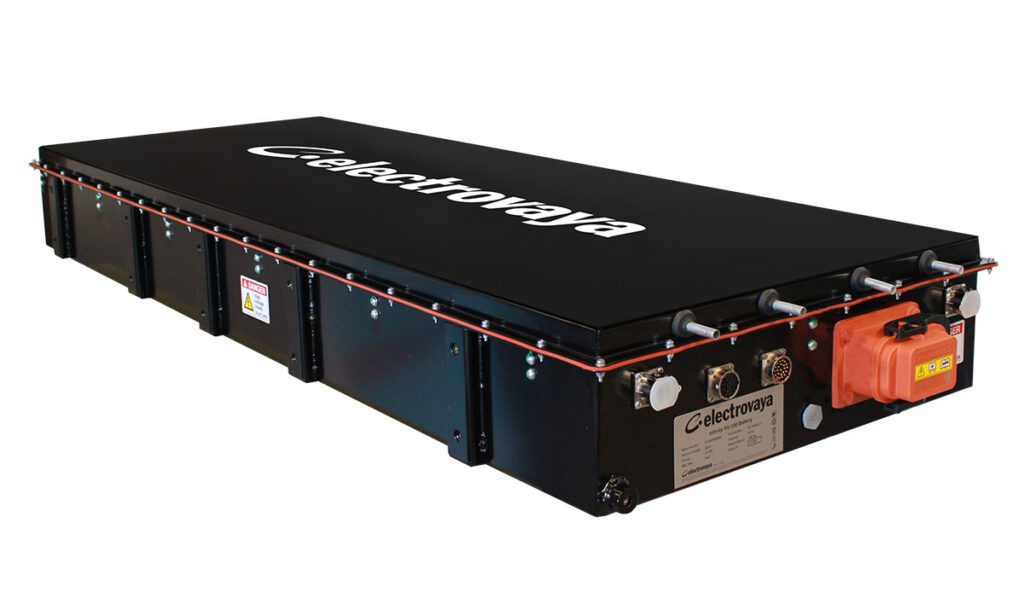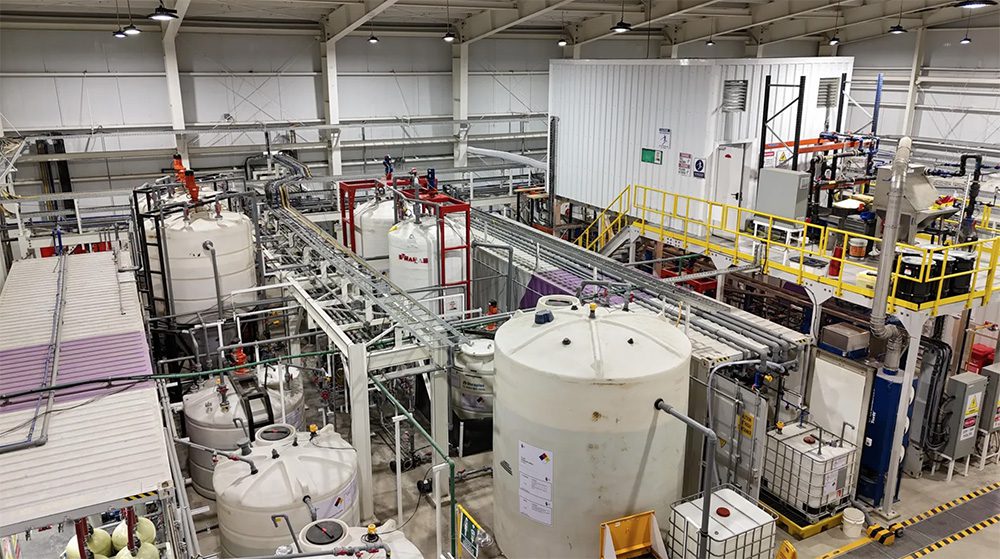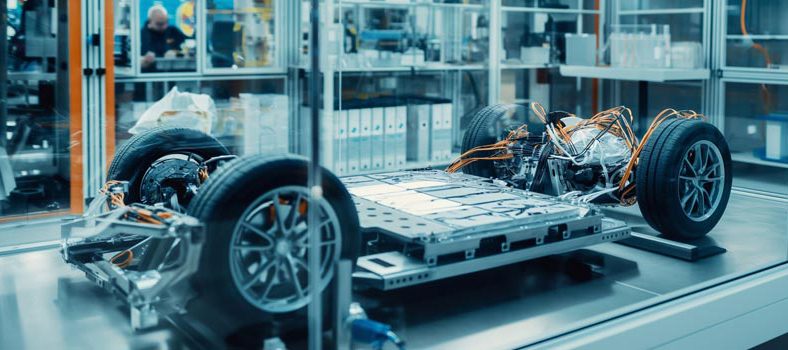Do the lower operating costs of EVs justify their higher purchase prices compared to legacy gas-burning vehicles? That question may have no definitive yes-or-no answer (it depends on an individual’s driving habits), but more data is always welcome. The Karlsruhe Institute of Technology (KIT) and the Fraunhofer Institute for Systems and Innovation Research, in cooperation with Michelin and Siemens, will be studying the issue under a new project called RheinMobil.
Michelin and Siemens staff commute frequently between their companies’ German and French facilities in the Rhine River region. For the next three years, they’ll be using electric vehicles to make the trips, and saving money with every kilometer, thanks to the higher efficiency of the electric drive train. “If the vehicle is used often, costs can be reduced considerably and the high purchasing price is compensated,” says Dr. Olaf Wollersheim of KIT. “If electric mobility is to be successful in Europe, it has to be economically efficient. We are looking for applications in which electric vehicles are cheaper than a reference car with a combustion engine.”
“Michelin does not only develop and sell tires, but is also committed to viable mobility. The RheinMobil project fits perfectly to our company culture, as we can combine our values of respect for people and promoting innovation,” explains Christian Metzger, the manager of Michelin’s Karlsruhe plant. “If electric mobility is to have a future, we have to bring electric vehicles onto the roads and make them visible.”
“By participating in the project, Siemens does not only want to contribute to environmental protection, we also want to enhance the acceptance of electric mobility among our staff members. For business trips to our factory at Haguenau, Alsace, which is located 70 km away, they can test the electric vehicle in practice,” says Hans-Georg Kumpfmüller, a spokesman for Siemens’ Karlsruhe facility.
A company called e-MotionLine, recently founded by KIT graduates, will supply vehicles for the RheinMobil project. “We take care of the selection of the most economically efficient vehicles, coordinate the charging infrastructure, and train the users in using this new technology,” said Managing Director Max Nastold. As regards the charging infrastructure on both sides of the German-French border, the RheinMobil partners will cooperate closely with the CROss-border Mobility for EVs (CROME) project that is funded by several German and French ministries.
RheinMobil is one of about 40 projects in the Baden-Württemberg area, one of four regions that the government has selected as “electric mobility showcases.” The Germans have allocated some 180 million Euros for regional demonstration and pilot projects that involve more than 100 partners from industry, science, and public institutions, and address everything from electric bikes to electric cars and vans to plug-in shuttle buses.
Source: Karlsruhe Institute of Technology via Green Car Congress



















































































